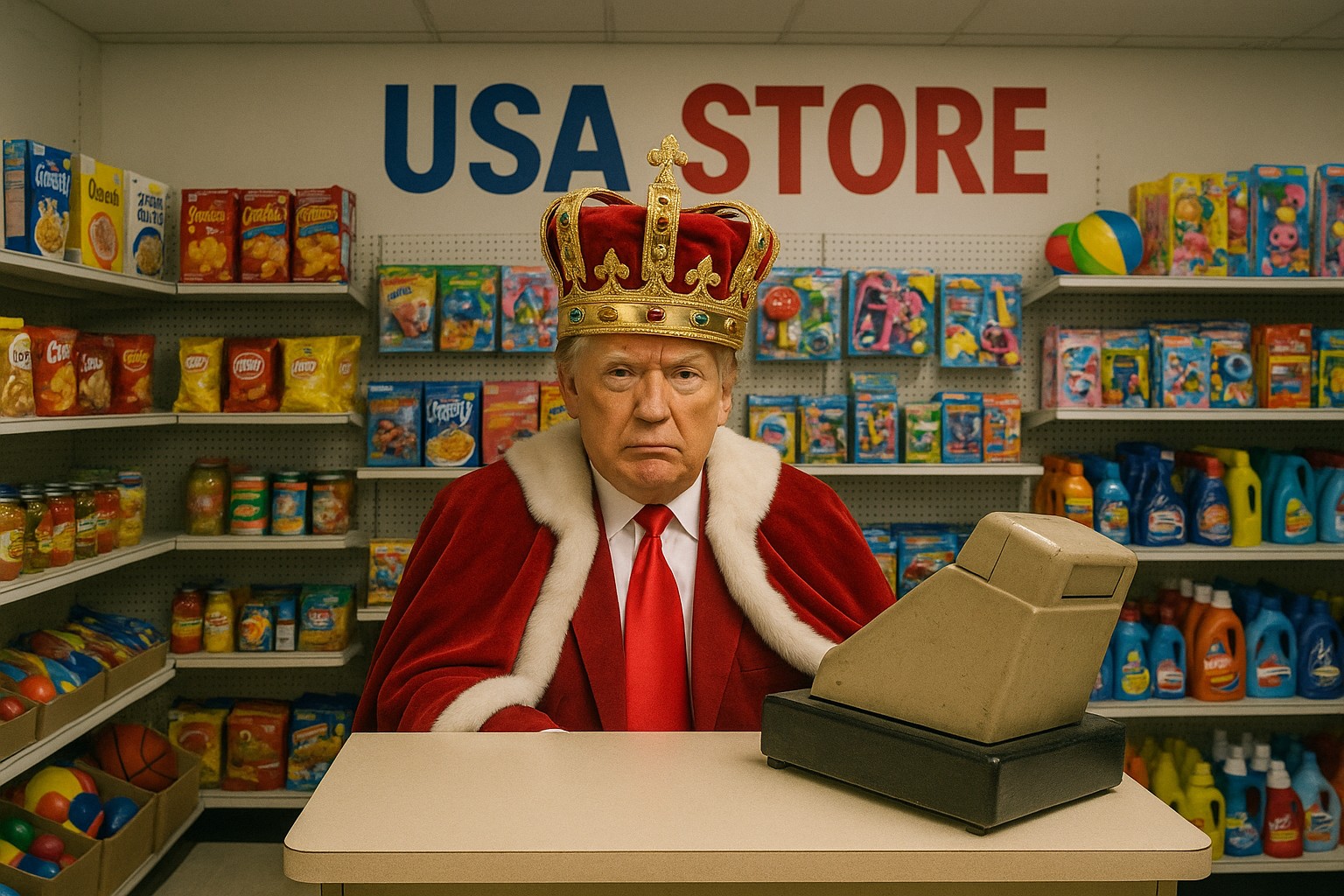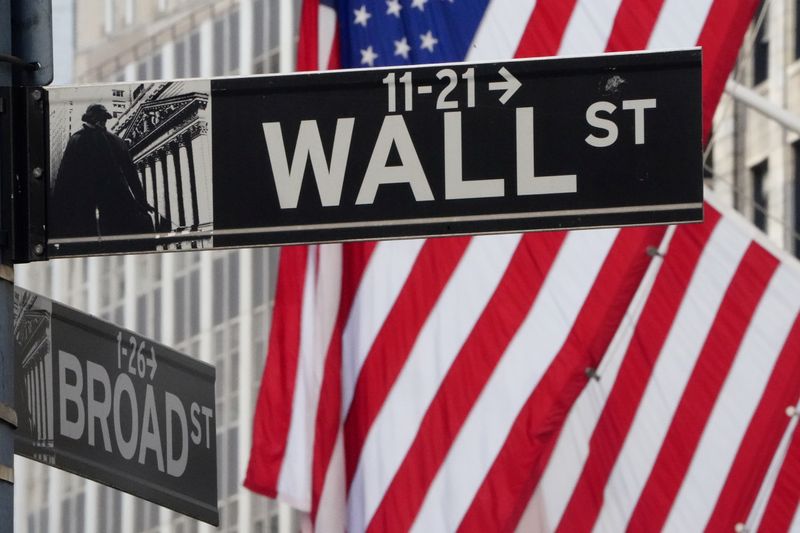Here’s the Financial Times:
As bank runs spread, it has become clear that anyone who questions a government rescue for those caught underfoot will be tarred as a latter-day liquidationist, like those who advised Herbert Hoover to let businesses fail after the crash of 1929.
Liquidationist is now challenging fascist as the most inaccurately thrown insult in politics.
The new consensus in the “respectable” media seems to be roughly the following:
1. Billionaires should be free to move deposits from one bank to another by pushing a few buttons on an iPhone, merely in response to rumors of balance sheet problems.
2. Even though billionaires have been repeatedly told that deposits above $250,000 are not insured by FDIC, there should be special taxpayer funded bailouts of billion dollar deposits anytime a recklessly undiversified bank gets into trouble.
3. Anyone who claims that billionaires should be held accountable for their actions is an anti-social “liquidationist”.
Unfortunately, the term “liquidationist” conflates two completely unrelated claims:
1. The view that firms going bankrupt should not be bailed out by the government.
2. The view that central banks should not inject large quantities of liquidity if that is necessary to prevent a fall in NGDP.
I am a liquidationist in the first sense of the term, but not the second.
BTW, there are recent articles by Tyler Cowen and Clive Crook suggesting that occasional banking instability is almost inevitable, at least if we wish to have a financial system that finances investment. I don’t actually disagree with most of the specific points made in these two Bloomberg columns, but I worry about the framing. Yes, banking instability is almost inevitable, but the quantity of banking instability is very much related to the type of banking system, which is a product of regulation. Thus while Tyler is right that “regulation” cannot fix the problem created by moral hazard, he somewhat glosses over the role of regulation in creating moral hazard.
The US banking system has frequent banking crises, while the Canadian system does not. That’s not because Canada got lucky. Canada’s system is less susceptible to moral hazard for a very good reason. It lacks the thousands of small and mid-sized undiversified banks seen in the US. Those structural differences are due to different regulatory framework. Our regulations strongly encouraged the formation of small and mid-sized regional banks, making our system fragile. Canada is quite comfortable having a system dominated by large highly diversified banks.
Given enough time, even Canada may eventually face some sort of banking problems. But it is almost certain that the US will continue to experience much more frequent banking crises than Canada. If Congress wishes to find a culprit then they merely need to look in the mirror. This is the system Congress created, and the one they are trying to entrench with even more misguided regulations.
At one point Tyler says:
“To be clear, I am not arguing for zero regulation.”
I am arguing for zero regulation, if zero regulation also means no FDIC and no anti-trust actions against bank mergers.
Speaking of liquidationists, here’s the underrated Andrew Mellon (which the quote above implicitly refers to), standing between one of our best and one of our worst presidents:
Thanks him next time you visit the National Gallery in DC.
















